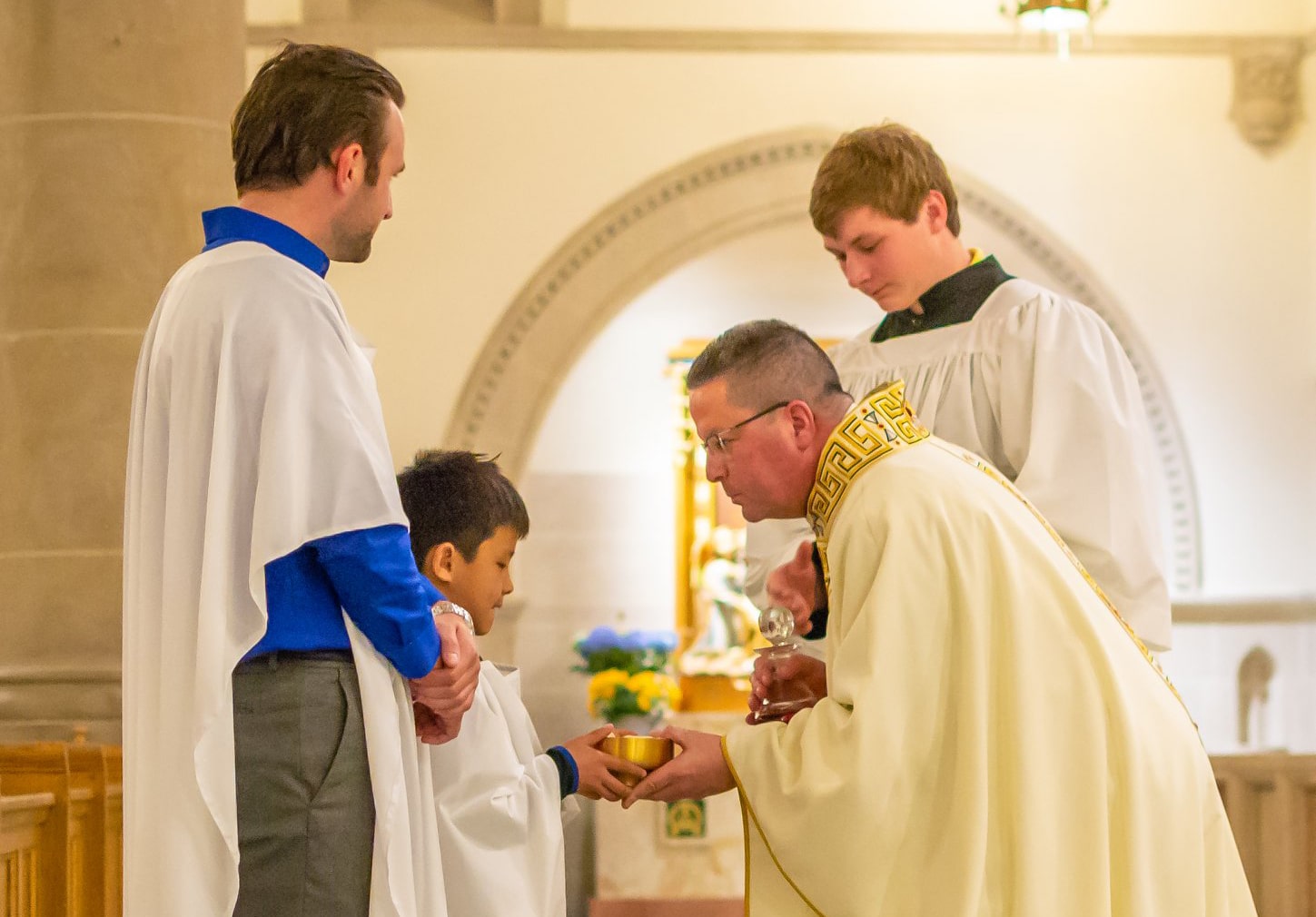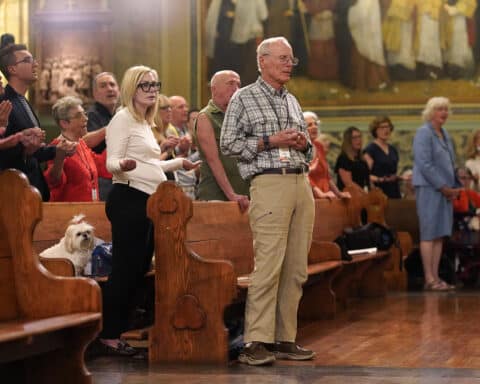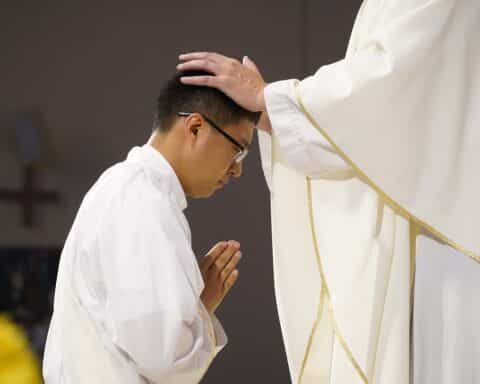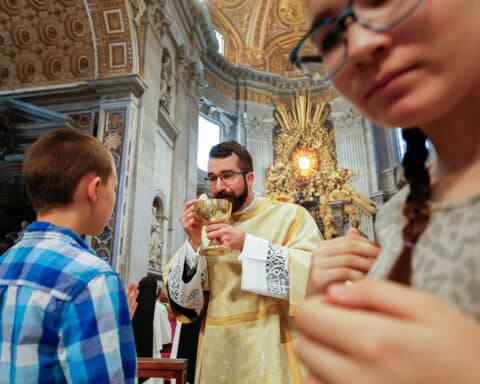If you were to ask any priest about the salary and benefits that comes with being a priest, most would probably say, “I am not in this for the money.” Priesthood is not a job as much as it is a vocation that promises heavenly rewards. It is something to which a man is called by God, and he responds accordingly — not out of motive for money, but to simply do God’s will.
Every priest is expected to embrace a lifestyle that points more to the kingdom of God and less to the ways of the world. Priests vowed to religious life take the vow of poverty. They typically receive a salary and benefits for their ministry, however, these monies go directly to their community. Religious priests are usually given a small stipend by their community each month to cover personal expenses. While most of their basic needs are provided for, religious priests use their stipends for incidental expenses like books and entertainment. Keep in mind, they do not own a car nor do they have to pay for gas to run the vehicle. The religious community provides for these expenses.
Secular priests, like me, do not make a vow of poverty, but they do embrace what is called “simplicity of life.” This means that the priest will not become too focused on money or possessions. He, too, like the religious priest, is to embody a humble lifestyle that is not extravagant or ostentatious in any way. The secular priest, however, is able to keep his salary, which varies among dioceses. He can also own a car, not to mention possess property. He is also free to save his earnings and invest accordingly. The monies earned are used for clothes, entertainment, gifts for family and friends, car, cellphone, travel and toiletries, among other things. It is also important for priests to contribute to charity and to support the Church.
As part of their salary and benefits, priests receive room and board. When there is no cook in their residence, the priest may have to shop and cook for himself, but the food costs are covered by the assignment. If he goes out to dinner, in some cases, he will be reimbursed.
The priest is also the recipient of health care, the coverage which may vary from community to community and diocese to diocese. The priest may also receive a stipend for his annual retreat and for continuing formation. Some dioceses cover the cost of car insurance by paying it directly or offering a stipend. In some cases, a priest may receive mileage for his travel. Usually the assignment of the secular priest pays money each month into a benefit plan for retirement. In addition to these benefits, priests usually receive time off for retreat, vacation and continuing formation. For example, in my diocese we receive four weeks’ vacation (only three weekends), a week for retreat and a week for continuing education.
The real pay in this life, if you will, that comes for priests is found in the satisfaction of accompanying God’s people in the person of Christ through the dying and risings of life. There is a special benefit that comes in knowing one has helped another like Jesus. But the fullness of the benefits will not come until, God willing, the priest meets Jesus at the gates of heaven.
To sum it all up, I am reminded of an old poster I saw many years ago, which states, “Working for the Lord does not pay much, but the retirement plan is out of this world.” While all of us priests get paid, nothing can compare with the benefits that will come with eternal life.
Father David Bonnar writes from Pennsylvania. He is the editor for The Priest Magazine, published by OSV.





